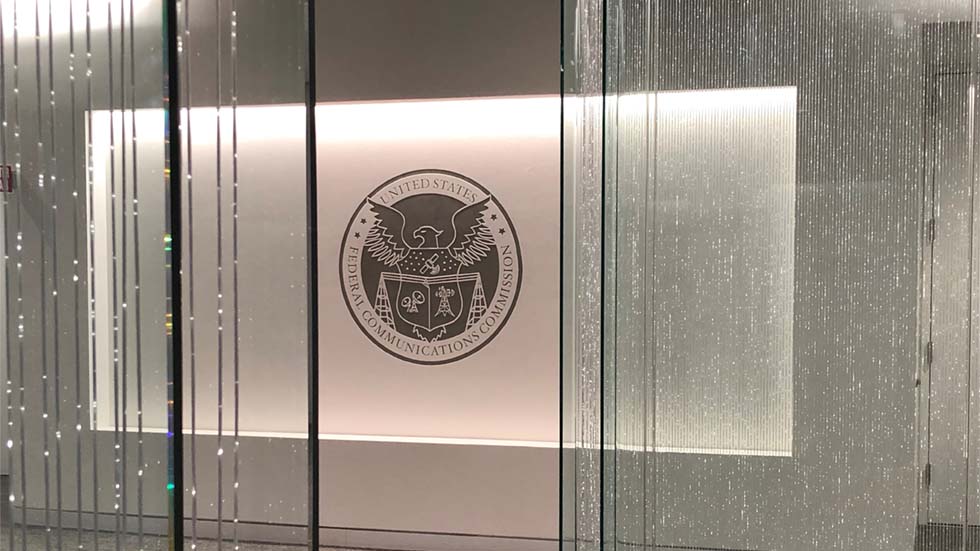Survivor 2002: TV Technology’s Resident Prognosticator Finds Bright Spots in His Static-Filled Crystal Ball
(click thumbnail)Broadcasters will continue slowly lumbering toward complete digital buildout in 2002In our last New Year’s column we predicted a serious shakeout of over-hyped technologies. It happened all right... big time. Now what? Is a recovery on the horizon? If so, when might it happen? Some good news, please. We wish we had the answers, but all we can do is try to make some educated guesses about the coming year. So once again, here are our annual predictions:
* Even with the recession, digital television will continue to grow and have a positive impact for pay television operators and home video enthusiasts. However, this growth will not extend to over-the-air broadcasters. The FCC may have saved political face with rule changes that technically keep the DTV transition on schedule, but it did nothing that will help build a sustainable over-the-air DTV viewership.
Cutting signal power, coverage footprints and broadcast schedules will create little motivation for viewers to purchase receivers and install antennas for digital over-the-air service. Sadly, the DTV transition for broadcasters appears to have entered a face-saving mode.
* An FCC decision on new ownership rules for broadcast stations will probably come in 2002. Rule changes allowing more concentrated ownership has the biggest chance of jump-starting sales of broadcast equipment.
If newspapers are allowed to own television stations in their own markets, expect the emergence of new business models that will combine traditional TV, radio, print and Internet media. This should spur new equipment sales. Ditto for raising the ownership caps for networks. Many station owners are on hold, waiting for a clear path to the future. Even if the FCC makes its move in the new year, final resolution in Congress and the courts could take much longer.
(click thumbnail)" I think I can safely say that I will never shoot another film - on film," predicted George Lucas (right) at NAB 2001. At left is Larry Thorpe, vice president of acquisitions at Sony Electronics Broadcast and Professional.* Despite a preliminary FCC ruling, digital must-carry will remain unresolved in 2002 and beyond. The FCC says cable operators are required to carry only a broadcaster’s primary digital or analog signal. But broadcasters are losing their political clout. Even if the FCC enacts digital must-carry, years of court battles could keep it from being enforced. By the time it’s finally resolved in the U.S. Supreme Court, the technology and the marketplace could render the policy irrelevant.
* A political battle will develop over whether television broadcasters should be able to sell their assigned spectrum for huge profit to commercial entities for wireless services. Questions remain unanswered as to why broadcasters who failed to use publicly owned spectrum as promised to Congress should be allowed to profit from the sale of it. Is such a sale exploitive to the buyer of the spectrum and to the public? Should there be a windfall profits tax on broadcasters who succeed at such a transaction? This issue is already bubbling under the surface. Expect it to come to a boil in the coming year.
(click thumbnail)Looking for a mandate: According to one study, the U.S. may not meet the FCC goal of 85 percent penetration until 2013 without an FCC mandate that new televisions include digital tuners. Under two possible mandate scenarios, the goal may be reached in 2007. (Source: Arthur O. Little study for the Association of Maximum Service Television and the NAB, filed with the FCC Nov.8.)
* Will the year 2002 see a single owner control the direct-to-home satellite industry in the United States? The answer is yes if EchoStar Communications is allowed to acquire its only rival, DirecTV. It’s anybody’s guess whether regulators will allow the $25.8 billion transaction to go through. Edward Fritts, president of the NAB, opposes the deal. “This merger would create the world’s largest monopoly video-delivery system,” he said. Echostar contends that only a single satellite company will be strong enough to effectively compete with the cable industry. So much for the 1996 Telecom Act that promised increased competition among media companies.
* When the dust settles and the gold rush mentality subsides, the Internet and broadband technology will bounce back... but probably not in the coming year. The technology is too good and too valuable to lose. But the sheen is off, the high-speed ’Net having become a victim of egregious corporate exploitation. Many end-users have been overcharged, abandoned and plagued with poor service in the past year. Prices remain too high. Many telephone and cable companies have proven to be incompetent in guaranteeing the delivery of reliable, low-cost service. Now that broadband has hit bottom, it can only get better.
* In January 2001, Apple Computer introduced its new iDVD mastering system for its Macintosh platform. It was a major breakthrough that completed the production loop for low-cost desktop television. For the first time, video makers on a budget could shoot, edit and master a universally-playable DVD video disc using a camcorder and personal computer package costing as little as $5,000.
As the year progressed, other manufacturers jumped into the low-end market, making it a watershed year for advancements in personal video. Finally, skilled artists found the ability to make video media of uncompromising technical quality at affordable costs.
Perhaps the irony is that while the year 2001 saw the further consolidation of entertainment television by global media corporations, the cost of making programs became low enough for hobbyists to become their own producers. The year 2002 promises a continuation of the trend. This may not result in better quality television, but it certainly removed the gatekeepers from the production side of the medium.
Get the TV Tech Newsletter
The professional video industry's #1 source for news, trends and product and tech information. Sign up below.
Frank Beacham is an independent writer based in New York.

